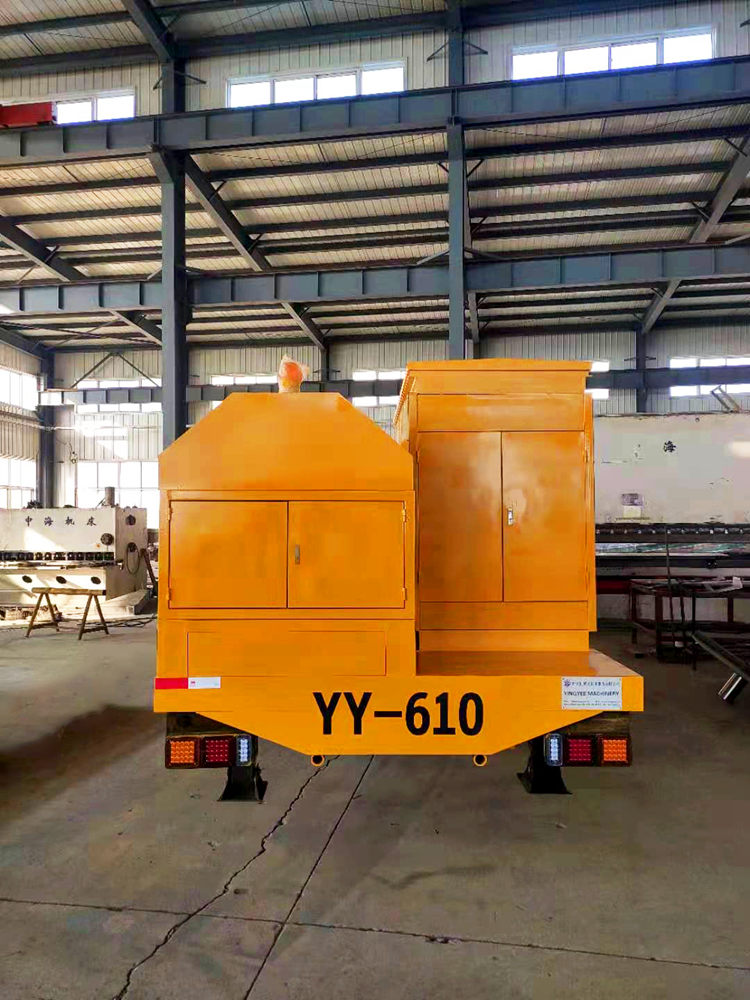
The Evolution and Importance of Stainless Steel Tube Mills
Stainless steel tube mills play a crucial role in the manufacturing industry, supplying essential components for various sectors, including construction, automotive, aeronautics, and consumer goods. With their ability to produce high-quality stainless steel tubes with precision and efficiency, these mills have revolutionized the way we approach metal fabrication.
The development of stainless steel began in the early 20th century, but it was not until the introduction of tube mills that its full potential could be realized. Stainless steel is known for its corrosion resistance, durability, and aesthetic appeal, making it an ideal choice for tubing applications. Tube mills utilize advanced technology to produce seamless or welded tubes that meet stringent industry standards.
Modern stainless steel tube mills are equipped with state-of-the-art machinery that significantly enhances production speed and accuracy. These mills typically comprise several key processes, including stainless steel strip production, forming, welding, and finishing. The stainless steel strips are first fed into the tube mill where they are shaped and formed into a tube. Depending on the design and requirements, these tubes may undergo processes such as welding to create seamless tubes or using high-frequency welding techniques to produce welded tubes.

One of the notable advancements in stainless steel tube mills is the implementation of automation and control systems. These systems not only streamline the production process but also ensure consistent quality by monitoring every stage of production. Sensors and automated machinery provide real-time feedback, enabling operators to quickly identify and rectify potential issues. This automation drastically reduces human error, enhances safety, and increases overall production efficiency.
Another key aspect of stainless steel tube mills is the emphasis on sustainability. As industries globally push towards greener practices, many tube mills have adopted eco-friendly processes. This includes recycling metal scraps, optimizing energy consumption, and utilizing cleaner production technologies. These practices not only contribute to environmental preservation but also reduce operational costs, benefiting manufacturers in a competitive marketplace.
Moreover, the versatility of stainless steel makes it an attractive choice for a wide range of applications. Stainless steel tubes are used in various sectors, from the medical field where they provide hygienic solutions for surgical instruments, to the construction industry where they are employed in structural supports and handrails. The automotive industry also relies heavily on stainless steel tubes, utilizing them for exhaust systems and other components where durability and weight are critical concerns.
In conclusion, stainless steel tube mills represent a vital facet of modern manufacturing. They have not only transformed the way stainless steel products are made but have also contributed to advancements in industrial processes and sustainable practices. As demand for stainless steel continues to grow, driven by its unique properties and applications, the significance of stainless steel tube mills will only increase. These mills stand at the forefront of innovation and efficiency, ensuring that industries can meet their needs for high-quality stainless steel tubes that enhance functionality and performance.